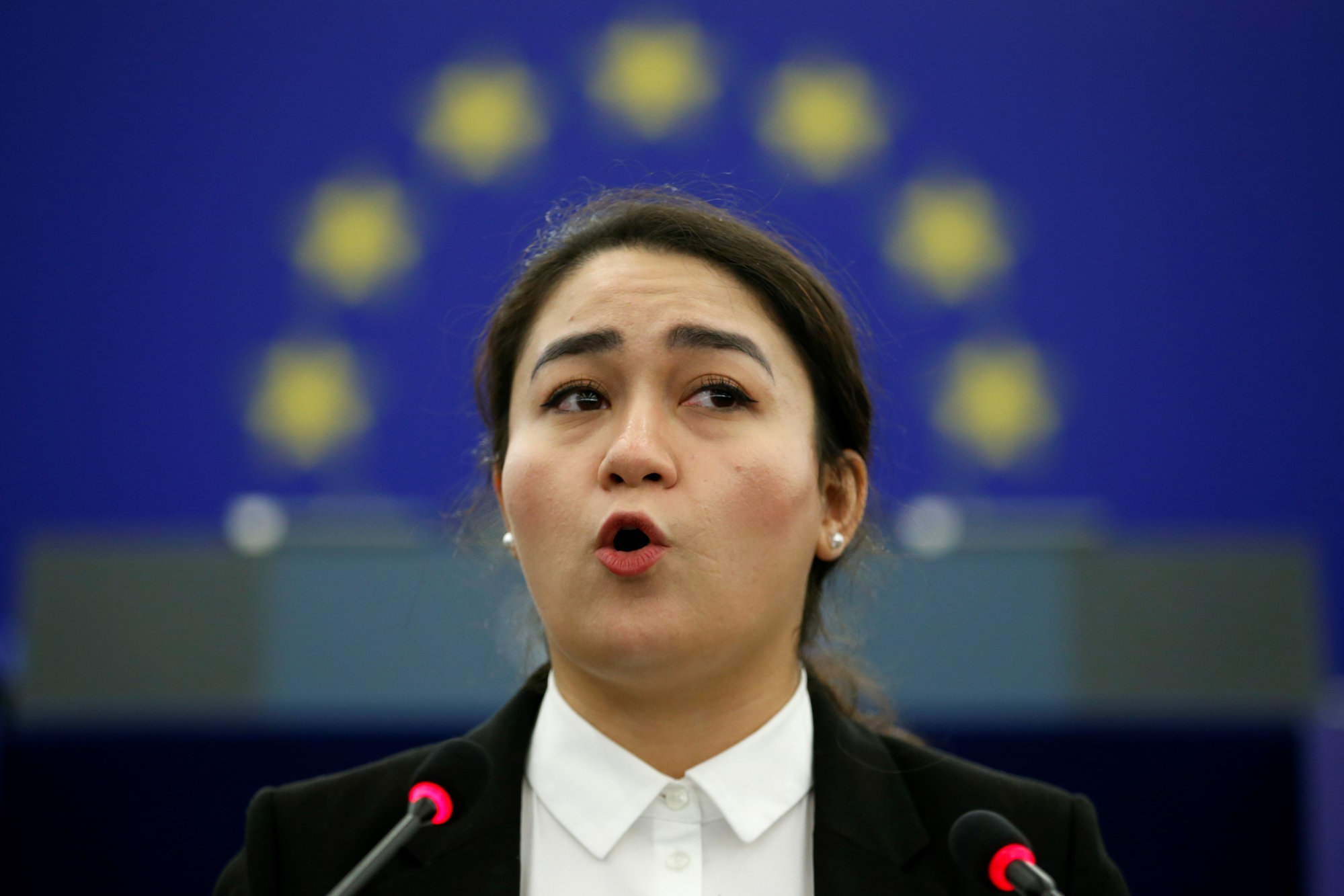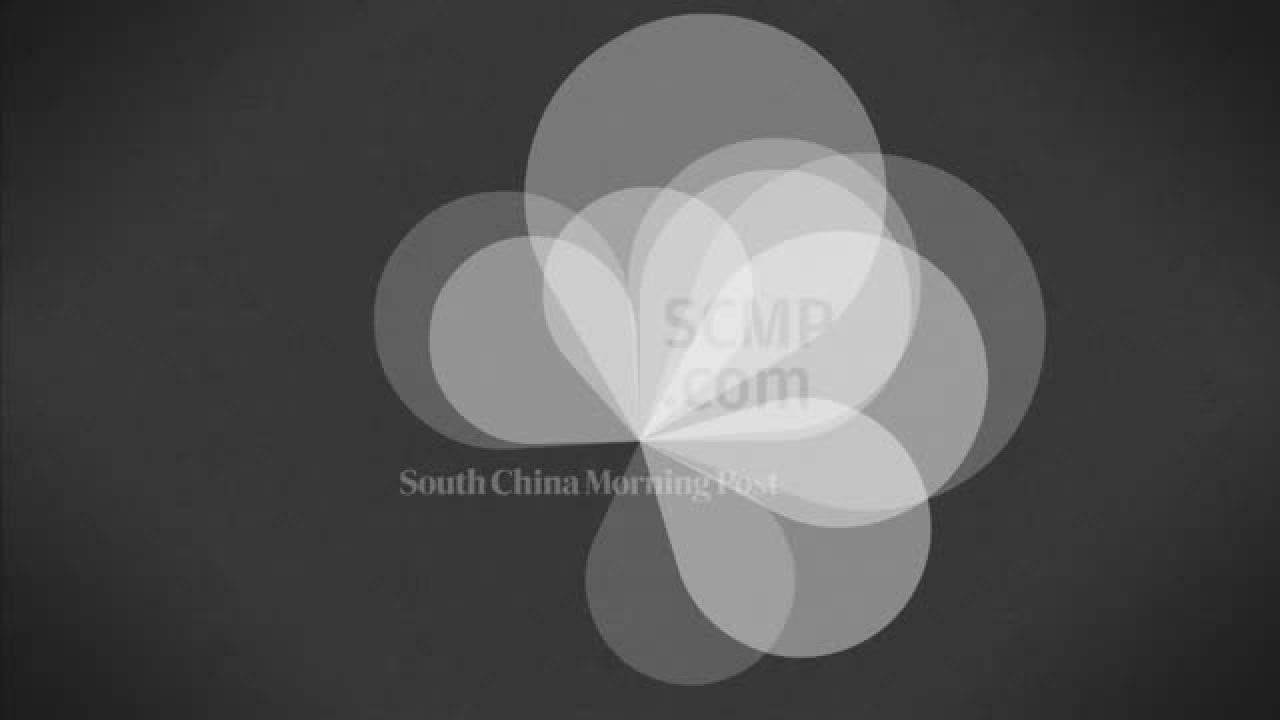In 2019, he won the Sakharov Prize for Freedom of Thought, the top human rights award of the European Parliament. He was also nominated by US lawmakers for the Nobel Prize the same year.
“Ilham Tohti, with his activism, managed to give a voice to the Uygurs … He has been working for 20 years to promote dialogue and mutual understanding between them and other Chinese people,” read the EU statement on granting the award.
Should Tohti be awarded the Nobel Prize, a backlash from Beijing can be expected. When Liu Xiaobo, a Chinese lawyer and activist, became a Nobel Peace Laureate in 2010, Norway – the world’s biggest producer of salmon products – found their exports of the fish were banned from the giant Chinese market.
Liu, who was also imprisoned at the time of his award, remained in jail until shortly before his death from liver cancer in 2017.
On Sunday, the 2023 Nobel Peace Prize was collected by the teenage twin children of Narges Mohammadi, the Iranian activist who won but who is also jailed.
Jailed Nobel Peace Prize winner blasts Iran’s ‘tyrannical’ regime
Jailed Nobel Peace Prize winner blasts Iran’s ‘tyrannical’ regime
In Brussels on Monday, a list of more than 170 ministers, lawmakers, rectors and academics was unveiled. Each signatory must formally nominate Tohti for the prize by the end of January, with the winner selected by the Norwegian Nobel Committee, which is appointed by Norway’s parliament.
These nominations can come from members of national assemblies, governments, and international courts of law; university chancellors, professors of social science, history, philosophy, law and theology; leaders of peace research institutes and institutes of foreign affairs; and previous Nobel Peace Prize laureates.
A large number of Belgian, French and Turkish lawmakers committed to making nominations of Tohti, while the Belgian climate minister, Zakia Khattabi, was one of the few cabinet-level officials to sign on.
The list also includes US Senator Marco Rubio of Florida and Representative Chris Smith of New Jersey, Republican lawmakers who have been vocal supporters of Tohti.
At the news conference, Tohti’s daughter Jewher Ilham, who now lives in the US, said she had not heard from her father since 2017, but was confident he was still alive.

“A couple of weeks ago state security officials visited my mother in Beijing asking her to convince me to go back to China, and it would be safe for me to go back, and if I go back they will release my father,” Jewher said.
“Although we don’t have a proof of life at the moment, one of the reasons I would like my father to win the award is that I believe this could pressure the Chinese government to show proof of life,” she added.
European Union officials are ineligible to make Nobel nominations – those must come from national government figures – but have frequently raised the case of Tohti and other Uygur detainees.
In 2021, EU ambassadors in China cancelled a trip to Xinjiang because a request for access to Tohti was denied.
In June 2022, the European Parliament declared that Beijing’s policies in the region amounted to “crimes against humanity”, echoing the findings of the UN human rights agency.
US lawmakers nominate jailed Uygur for Nobel Peace Prize
US lawmakers nominate jailed Uygur for Nobel Peace Prize
In the same European Parliament resolution, lawmakers called “on the Chinese authorities to immediately and unconditionally release the Uygur scholar and 2019 Sakharov Prize Laureate Ilham Tohti, and to ensure, in the meantime, that he has regular and unrestricted access to his family and the lawyers of his choice”.
During talks with EU leaders in Beijing last week, sources said, Chinese President Xi Jinping called for a removal of the sanctions on Chinese officials over human rights violations in Xinjiang, and in return Beijing would lift retaliatory sanctions on lawmakers and academics.
Samuel Cogolati, a Belgian lawmaker so sanctioned, said at the news conference on Monday that such a move should not be countenanced.
“My own sanctions were the topic of discussions in the process of negotiation on the investment treaty between the EU and China. But really my main call is that I really don’t care about the sanctions that were imposed by China.
“Really what I care about here is that the mass atrocities, the mass camps, against the people in the Uygur region stop,” Cogolati said.
China denies any human rights infringements in Xinjiang, and its Mission to the EU did not respond to a request for comment.


